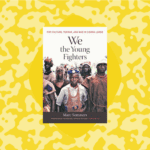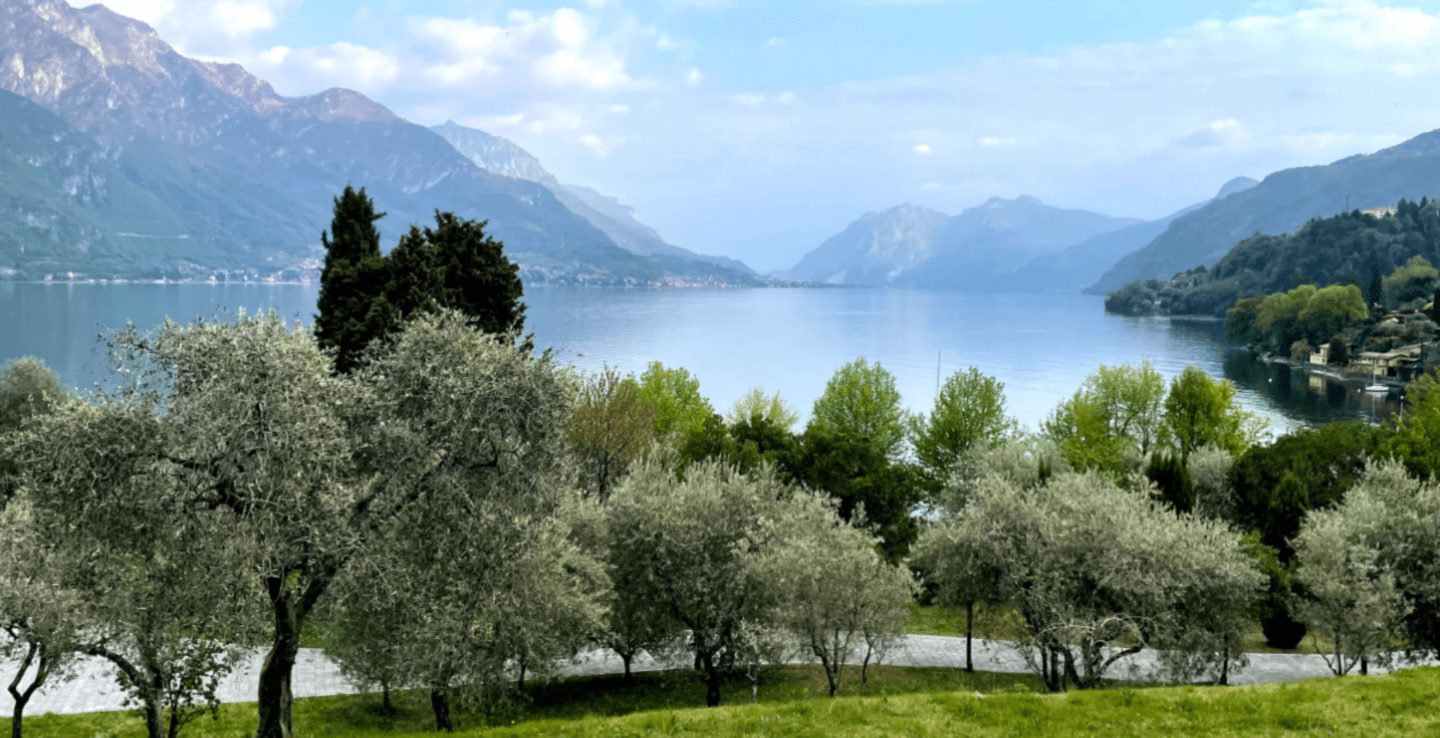
Marc participated in the Bellagio residency program in 2019. During this residency, he worked on We the Young Fighters: Pop Culture, Terror, and War in Sierra Leone. Marc has been working on education and youth challenges in war-affected contexts for over 25 years. He has served as Senior Conflict Advisor for the U.S. State Department and Senior Research Advisor for the IGAD Center of Excellence for Preventing and Countering Violent Extremism in Djibouti. He has authored 10 books.
A few words with Marc
“I used my fellowship at Bellagio to plan out the concluding chapters; when I arrived the book was maybe 70% done. Structuring the key concluding themes was challenging, but the feedback from my presentation was very helpful, as it lent a sense of what themes connected to people, and what themes people found surprising.”
Synopsis
We the Young Fighters is at once a history of a nation, the story of a war, the saga of a downtrodden young people, and the influence of three pop culture superstars: Reggae idol Bob Marley, rap legend Tupac Shakur, and movie character John Rambo. Their collective example found fertile ground in the West African nation of Sierra Leone, where youth were entrapped, inequality was blatant, and dissent was impossible.
When warfare centering diamonds, cannabis, and extreme terror began in 1991, military leaders exploited the trio’s transcendent power over their young fighters and captives. We the Young Fighters probes terror-based warfare and how Tupac, Rambo, and – especially – Bob Marley were woven into the fabric of alienation, resistance, and hope in Sierra Leone. The tale of pop culture heroes both radicalizing warfare and shaping peacetime underscores the need to engage with alienated young people and reform predatory governments. The book ends with a framework for customizing the international response to these twin challenges.
Explore More
To find out more about Marc’s work, visit his website, or listen to him discuss his work with the Institute of Peace.
Related

August 2023
Welcome to a special edition of the Bellagio Bulletin, where you’ll have a chance to hear from leading voices within the alumni network on one of the greatest global challenges of our time – the ethical application and governance of artificial intelligence. We hope you’ll find their points of view as illuminating as we have […]
More